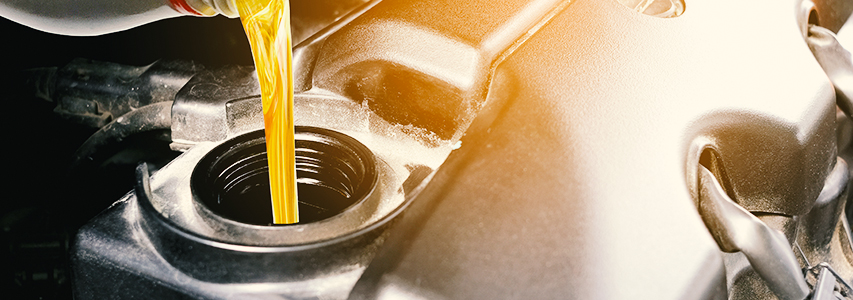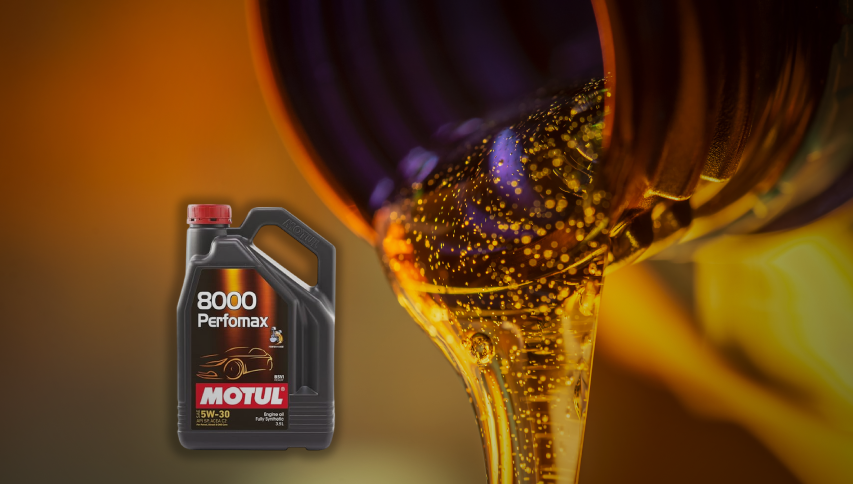Transitioning from BS4 to BS6: Choosing the Right Engine Oil

The Indian automotive industry is undergoing a significant transformation, driven by a growing emphasis on environmental sustainability. This shift is evident in the increasingly stringent emission standards that are being implemented. Bharat Stage (BS) emission norms are a crucial part of this regulatory framework, setting the bar for vehicular emissions in India. And BS6 (Bharat Stage 6) is the latest set of emission standards released by this framework. Every new car or bike released by manufacturers has an engine that adheres to these standards. Needless to say, the engine oil used in these vehicles must also adhere to the same standards.
Understanding Bharat Stage Emission Norms
Bharat Stage emission norms are designed to regulate the release of harmful pollutants from vehicles, including cars, bikes, and commercial vehicles. These norms are based on European emission standards, with each subsequent stage imposing stricter limits on emissions.
- BS4: This stage, which was implemented in 2017, introduced stricter regulations on particulate matter (PM) and nitrogen oxide (NOx) emissions.
- BS6: As the latest iteration, BS6 norms, which came into effect in April 2020, significantly tighten the limits on these pollutants, aiming to significantly improve air quality.

| Feature | BS4 | BS6 |
| Nitrogen Oxide (NOx) Emissions | 250 mg/km for petrol cars, 800 mg/km for diesel cars | 60 mg/km for petrol cars, 80 mg/km for diesel cars |
| Particulate Matter (PM) Emissions | 0.01 g/km for diesel cars | 0.001 g/km for diesel cars |
| Carbon Monoxide (CO) Emissions | 1.0 g/km for petrol cars | 1.0 g/km for petrol cars |
| Hydrocarbon (HC) Emissions | 1.0 g/km for petrol cars | 1.0 g/km for petrol cars |
Key Differences and Implications:
- Stricter NOx Limits: BS6 significantly reduces the permissible limits for NOx emissions, which are harmful gases that contribute to smog and acid rain. This necessitates the use of advanced after-treatment systems like Selective Catalytic Reduction (SCR) in diesel vehicles to meet the stringent standards.
- Drastic Reduction in PM Emissions: BS6 imposes much stricter limits on particulate matter emissions, especially for diesel vehicles. This is achieved through the use of Diesel Particulate Filters (DPF) that trap and oxidize particulate matter.
- Advanced Engine Technologies: BS6 vehicles often employ advanced engine technologies like direct injection, turbocharging, and variable valve timing to optimize combustion and reduce emissions.

The Role of Engine Oil in Meeting BS6 Norms
Engine oil and other lubricant oils play a crucial role in ensuring the optimal performance and longevity of BS6 vehicles. A high-quality engine oil can:
- Reduce friction: Minimize energy loss and improve fuel efficiency.
- Protect engine components: Prevent wear and tear, extending engine life.
- Facilitate efficient combustion: Optimize combustion process, reducing harmful emissions.
- Cool the engine: Dissipate heat, preventing overheating and maintaining engine performance.
Motul and BS6 Compliance
Motul is revered among the best engine oil companies in the world and offers a range of fully synthetic engine oils specifically formulated to meet the stringent requirements of BS6 vehicles. Their catalog consists of some of the best engine oil options for modern vehicles. These oils are designed to:
- Enhance fuel efficiency: Reduce fuel consumption and CO2 emissions.
- Protect the engine: Minimize wear and tear, extending engine life.
- Reduce emissions: Optimize combustion and minimize pollutant emissions.
- Improve performance: Deliver optimal engine performance and responsiveness.

In a world that is constantly changing and trying to improve its response to climate change, stricter emission norms and regulations have become a necessity, especially for the automotive industry. Cars and bikes that run cleaner, more efficient engines are not just better for the environment, but also superior in terms of cost effectiveness, drivability and performance. And engine oil plays a major role in ensuring modern car and bike engines run optimally and in compliance with emission norms. Bike engine oil and car engine oil may have different properties, but their goal remains consistent. To protect vehicle’s engines, improve their performance and reduce their carbon footprint. Motul, with its range of synthetic engine oils, is always pushing the envelope with its products to deliver better performance in line with stricter emission regulations.







